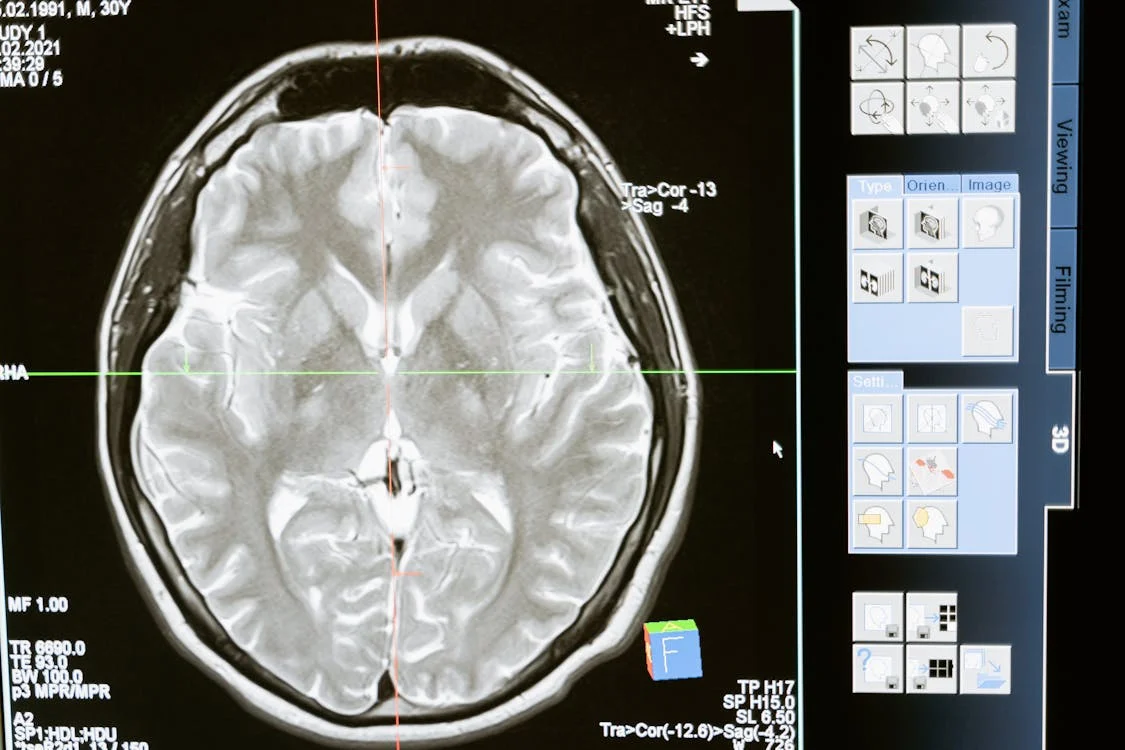
Introduction
Sleep is vital for overall health, impacting cognitive function, emotional stability, and physical well-being. Adequate rest is essential for maintaining mental clarity and reducing stress. Modern medicine plays a crucial role in improving sleep quality, offering effective treatments and insights that help optimise sleep patterns and address disorders. These advancements are enhancing our ability to achieve restful sleep, which in turn promotes better health and emotional balance.This blog post explores how scientific and medical innovations are revolutionising sleep health, highlighting the transformative impact of modern medicine on achieving quality rest.
Understanding Sleep
Understanding the sleep cycle is key to appreciating modern medicine's role in improving sleep quality. The cycle includes REM (Rapid Eye Movement) and non-REM stages, both crucial for mental and physical health. REM sleep supports memory and emotional regulation, while non-REM sleep aids physical restoration. Modern medicine effectively enhances these stages, promoting balanced and restorative sleep. Sleep disorders like insomnia, sleep apnoea, and restless legs syndrome disrupt these cycles, impairing health and increasing stress. Treatments such as CBT-I (Cognitive-Behavioural Therapy for Insomnia) and CPAP (Continuous Positive Airway Pressure) therapy have been proven to improve sleep quality and overall well-being, showcasing how addressing these disorders through modern medicine can reduce stress and enhance health outcomes.
Advances in Sleep Medicine
Recent scientific discoveries have greatly improved our understanding of sleep, with modern medicine playing a crucial role in enhancing sleep quality. Research shows that brain activity significantly impacts sleep stages, and genetic factors influence individual sleep needs and susceptibility to disorders (NIH, 2022; American Sleep Apnoea Association, n.d.). Technological advancements like wearable devices and apps now provide real-time data on sleep patterns, allowing for more accurate diagnoses and personalised treatments (National Sleep Foundation, n.d.). These innovations highlight the effectiveness of modern medicine in improving sleep and managing disorders, demonstrating how better sleep can reduce stress and boost overall health. The integration of technology and research continues to advance sleep medicine, offering new solutions for those with sleep challenges.

Innovative Treatments and Therapies
Emerging treatments in sleep medicine highlight the benefits of modern medicine in improving sleep quality. CBT-I effectively addresses the thoughts and behaviours that contribute to insomnia, leading to lasting improvements in sleep and reduced stress (American Academy of Sleep Medicine, 2021). Light therapy, which uses specific wavelengths to regulate the sleep-wake cycle, is particularly beneficial for those with circadian rhythm disorders (National Sleep Foundation, n.d.). Additionally, biofeedback and neurofeedback techniques monitor and modify physiological functions like heart rate and brain activity, promoting relaxation and better sleep (NIH, 2022). These therapies demonstrate the effectiveness of modern medicine in treating sleep disorders, offering new ways to achieve restful sleep and enhance overall well-being.

Integrative Approaches and Sleep Products
Integrative approaches in sleep medicine highlight the benefits of modern medicine by combining lifestyle changes with treatments to improve sleep quality. Maintaining a regular sleep schedule and optimising the sleep environment are key for optimal rest (National Sleep Foundation, n.d.). The effectiveness of modern medicine is enhanced when paired with these lifestyle adjustments, as they help reduce stress and promote overall well-being. Diet, exercise, and stress management are also crucial for better sleep. Regular physical activity regulates sleep patterns, while a balanced diet rich in sleep-promoting nutrients such as chamomile (e.g. in tea) and tryptophan (e.g. in nuts, seeds, dairy products) supports restorative sleep (Harvard Medical School, 2021). Stress management techniques like mindfulness can further enhance sleep quality (APA, n.d.). Additionally, choosing the right sleep products, such as supportive pillows and mattresses, can improve comfort and complement medical treatments. For recommendations, explore these guides on pillows, mattresses, mattress protectors, and toppers. By integrating these strategies, modern sleep medicine offers a comprehensive approach to enhancing sleep and overall health.
Conclusion
Modern medicine is greatly enhancing sleep quality through innovative treatments, showcasing its benefits in improving sleep and overall health. From cognitive-behavioural therapy to advanced sleep monitoring technologies and insights into genetic factors, the effectiveness of modern medicine offers better solutions for sleep issues (National Sleep Foundation, n.d.; American Academy of Sleep Medicine, 2021). Consulting healthcare professionals for personalised treatment plans is essential. Staying updated on sleep medicine advancements is crucial for maintaining optimal sleep and reducing stress (Harvard Medical School, 2022). For ongoing updates on sleep health, follow the Sleeping Oasis blog and try our product to further support your well-being. Embracing these advancements can significantly improve your quality of life.
References:
1. National Sleep Foundation. (n.d.). Retrieved from https://www.sleepfoundation.org/
2. Nature Reviews Genetics. (2021). Retrieved from https://www.nature.com/
3. American Academy of Sleep Medicine. (2021). Retrieved from https://aasm.org/
4. Harvard Medical School. (2022). Retrieved from https://www.health.harvard.edu/
5. American Psychological Association. (n.d.). Retrieved from https://www.apa.org/
6. National Institutes of Health. (2022). Biofeedback and Neurofeedback. Retrieved from
https://www.nccih.nih.gov/health/biofeedback
7. American Sleep Apnea Association. (n.d.). Retrieved from https://www.sleepapnea.org/
8. Effects of chamomile (Matricaria chamomilla L.) on sleep: A systematic review and
meta-analysis of clinical trials.
9.The impact of tryptophan supplementation on sleep quality: a systematic review,
meta-analysis, and meta-regression.




